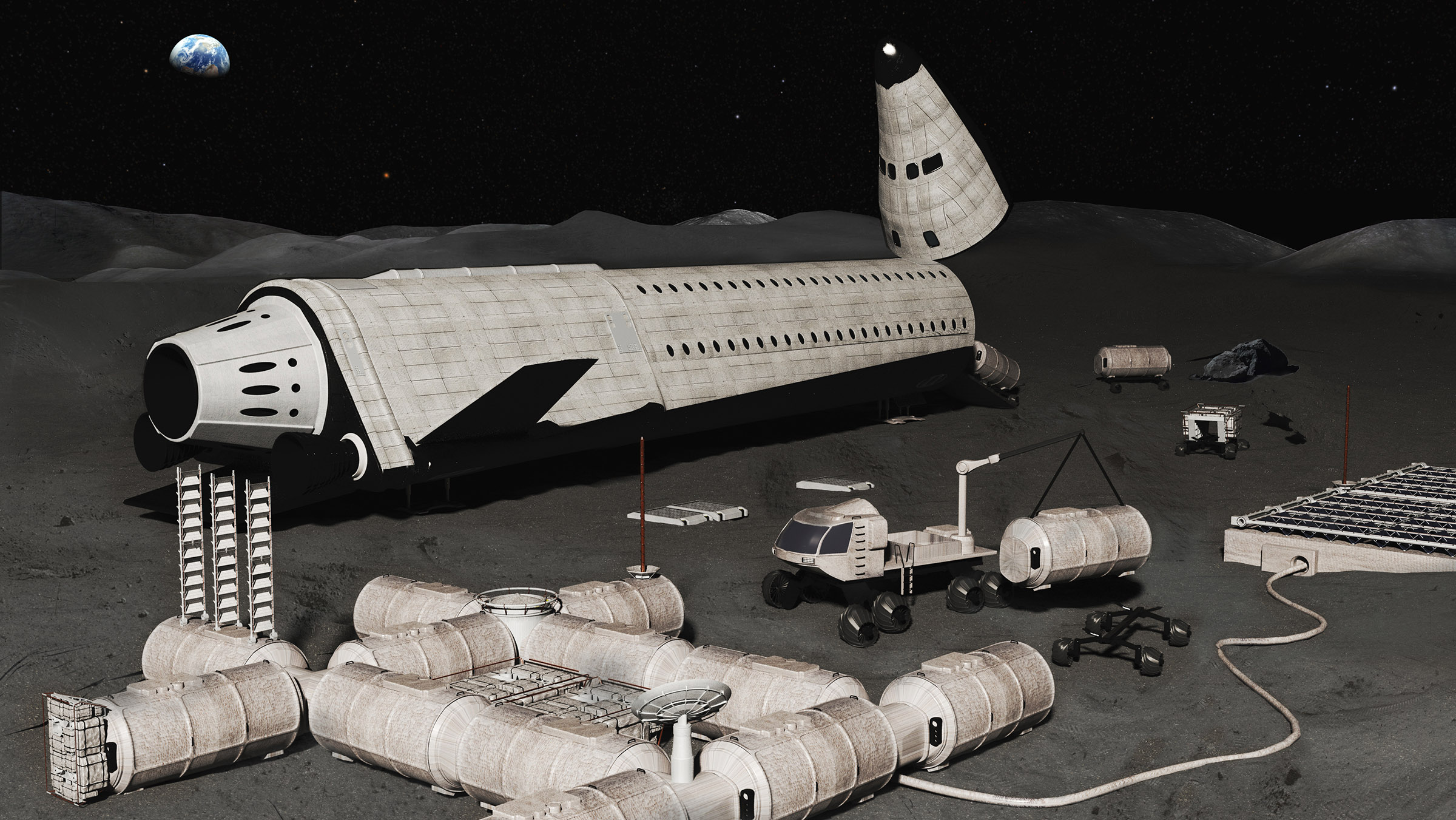Deep Space Missions Must Recreate Earth-Like Conditions To Succeed
The success of deep space missions may rely on one massive accomplishment, a few scientists have claimed. According to father-daughter research duo Morgon and Lee G. Irons, missions to other planets will require us to recreate Earth's ecosystems, gravity, and oxygen to survive.
In a new paper published in Frontiers in Astronomy and Space Sciences, the duo argues that humans will need a "self-restoring, Earth-like, natural ecosystem" to succeed during these missions.
We've already seen research on the shocking bone loss that astronauts experience just from spending time on the International Space Station. Going beyond the ISS for deep space missions, though, will require more extended periods of time spent in low to no gravity.

As such, the amount of bone loss seen during those kinds of missions could be exponentially greater, even threatening the astronauts' lives. It's this need for gravity pulling on the body that has led Japan to look for ways to create artificial gravity on the Moon.
Of course, we always knew astronauts would need Earth-like systems to survive. Things like oxygen and water, as well as food, are nonnegotiable parts of any deep space mission that we might want to go on. However, this new paper takes a much more holistic approach to it all.
Additionally, it backs it all up within the needed context. This theory, which is called the pancosmorio (meaning all world limit) theory, falls heavily on the crux that humanity has only survived this long because of the specific conditions we live within. As such, any deep space missions to other planets would require similar conditions if we want to survive.
Beyond just that, though, the Irons also argue that a deep space settlement would need to recreate not just the environmental networks but also the societal systems that have helped humanity evolve and thrive on Earth. It's an intriguing theory with a lot of evolutionary weight behind it.
It's also a convenient way to organize all the pieces that are necessary for a successful deep space mission while also backing up their importance with factual proof. Most of these pieces are already being studied, too, though on a much smaller scale than these types of missions would require.
